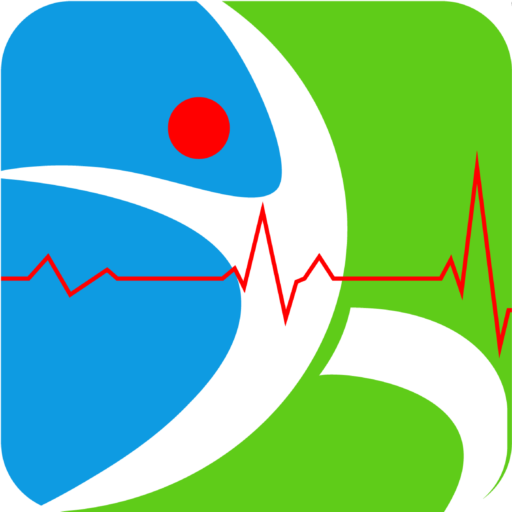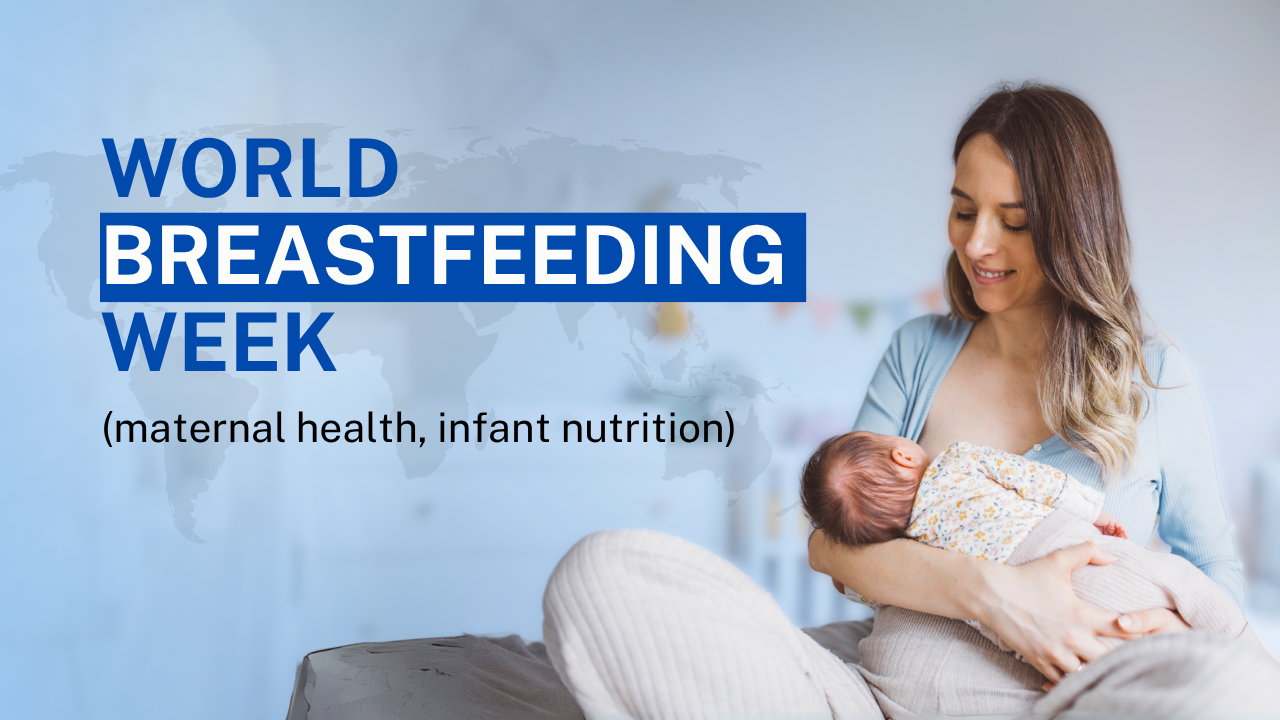Think of breastmilk as the baby’s first personalized health plan. It contains antibodies, good fats, and
everything your baby needs to grow strong — especially in the first 6 months.
For moms, breastfeeding isn’t just calorie-burning magic. It helps:
● Balance hormones
● Heal the uterus
● Lower stress
● Even reduce risk of breast and ovarian cancer long-term
What Should Moms Eat to Support Breastfeeding?
Let’s bust a myth first — you don’t need to eat 3 bowls of rice or sugar-loaded laddoos to “make
milk.” What your body really needs is nutrient-dense, healing food that supports energy, milk
quality, and recovery.
✅ Focus on:
● Eggs, fish, paneer for high-quality protein
● Ghee, coconut, soaked nuts for healthy fats
● Leafy greens, fermented foods for fiber, iron, and gut health
● Stay hydrated — around 2.5–3 L/day, with lemon water or coconut water
❌ Avoid:
● Too much sugar, grains, deep-fried or packaged foods — they drain your energy, not
build it.
Takeaways:
1. Your body is smart — breastmilk adjusts to your baby’s needs. Trust it.
2. Don’t fear food — just focus on real, clean meals that nourish, not spike.
3. You matter too — don’t skip your own recovery while caring for baby.
4. Hydration is half the game — drink often, not just when you’re thirsty.
5. It’s not just milk, it’s connection — every feed builds resilience and bonding.
References:
1. Khan, H. M., et al. (2024).
Breastfeeding knowledge and practices among mothers in Pakistan: a cross-sectional
study.
https://www.ncbi.nlm.nih.gov/pmc/articles/PMC10818638/
2. Althobaiti, N. F., et al. (2024).
Impact of maternal nutrition on lactation outcomes and infant health: a review.
https://www.ncbi.nlm.nih.gov/pmc/articles/PMC10831895/
3. National Institute of Child Health and Human Development. (2015).
Breastfeeding and Maternal and Infant Health Outcomes in Developed Countries.
https://www.ncbi.nlm.nih.gov/books/NBK148970/
4. World Health Organization (WHO). (2023).
Exclusive breastfeeding for optimal growth, development and health of infants.
https://www.who.int/news-room/fact-sheets/detail/infant-and-young-child-feeding
5. Victora, C. G., et al. (2016).
Breastfeeding in the 21st century: epidemiology, mechanisms, and lifelong effect.
The Lancet.
https://doi.org/10.1016/S0140-6736(15)01024-7
6. Institute of Medicine (IOM), USA. (2005).
Dietary Reference Intakes: Energy, Carbohydrate, Fiber, Fat, Fatty Acids, Cholesterol,
Protein, and Amino Acids.
https://www.ncbi.nlm.nih.gov/books/NBK56068/

